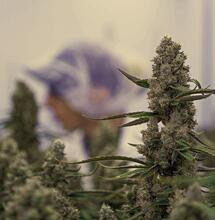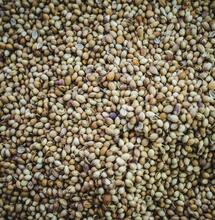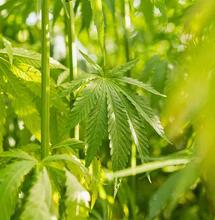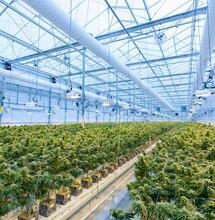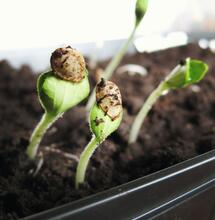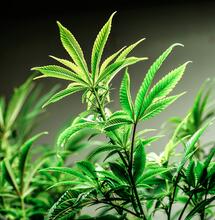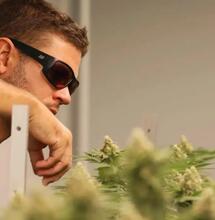Commercial Cannabis and Sustainability
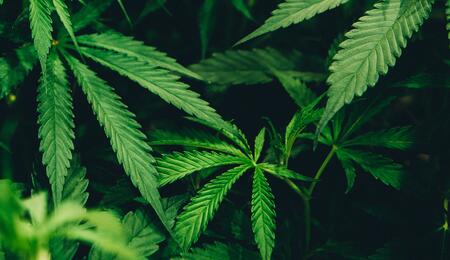
Cannabis has never been a sustainable industry. Unfortunately, with the commercialisation of cannabis, things have continued to move in the wrong direction. Commercial growers typically use artificial pesticides, harmful growing practices and forms of distribution to bolster sales and increase crop yields. Unfortunately, these practices contribute heavily to waste and pollution.
Here’s what some companies are implementing to produce high-quality cannabis products whilst reducing their environmental impact.
Waste
The commercial cannabis industry creates waste during the production process. Significant sources of waste include:
• Chemical Fertilizers: Like in the agricultural food industry, chemical fertilisers are the norm in commercial cannabis because of fast-acting nutrient release. Unfortunately, chemical fertilisers can kill microorganisms and destroy any potential for long-term sustainability.
• Pesticides: Harsh chemicals and pesticides are commonly applied to cannabis crops to increase yields and protect against pests and diseases. Pesticides used on cannabis crops can seep into the earth and contaminate soil, water and other plant life.
• Fibrous Waste: To legally dispose of cannabis plants after harvest, cannabis growers first need to make the waste unrecognisable by creating a 50-50 mix of cannabis and non-cannabis waste. Due to concerns that cannabis waste may be rerouted for illegal production, it cannot be composted or disposed of cleanly. Instead, it is often sent to landfills mixed in with non-consumable post-consumer waste.
• Packaging: Cannabis companies must follow strict packaging guidelines, including child-proofing features, special labelling and long-lasting materials. Most cannabis products are, unfortunately, packaged in single-use plastic packaging. In addition, due to being used for cannabis products, they must be sent to landfills rather than recycled.
Sustainable Practices
The reasonably young cannabis industry is searching for ways to improve sustainability and reduce waste. Here are a few ways companies are working to reduce waste, address climate change and enhance cannabis sustainability.
• Green Packaging Single-use plastic packaging is seldom recycled. As a result, plastic cannabis packaging most often finds its way to a landfill. Rather than packaging items in petroleum-based plastics, companies could consider using recyclable materials like durable, recyclable glass bottles that help maintain product purity without harming the environment.
• Regenerative Farming Commercial farming is harsh on the environment. It strips the soil of natural nutrients, reduces water retention, destroys symbiotic ecosystems and inhibits plant growth after years of over-farming. Regenerative farming strengthens and improves soil quality, biodiversity and crop yield.
After a harvest, commercial farmers replenish the soil with artificial fertilisers and chemicals. However, in regenerative farming, everything is geared toward helping to prevent nutrient loss and increasing the soil’s natural ability to sustain plant life. This reduces the need for artificial chemicals and harsh pesticides in the long term.
• Growing Outdoors Outdoor growing allows cannabis farmers to take advantage of the sun as a natural light source. This saves them money on electricity bills and increases energy efficiency.
• Solar Energy To reduce carbon emissions and operating costs, some commercial growers, dispensaries and manufacturers are utilising solar power to fuel their grow lights.
• Hempcrete Hempcrete is an alternative building material made from harvested hemp and cannabis plants. Rather than sending it to landfill, hemp can create a super-durable eco-friendly building material. However, Hempcrete is also “carbon negative,”. This means that the production of Hempcrete pulls more carbon from the atmosphere than it produces.
Thanks to some companies leading by example, some cannabis growers and manufacturers have begun to move toward more environmentally sustainable practices.

